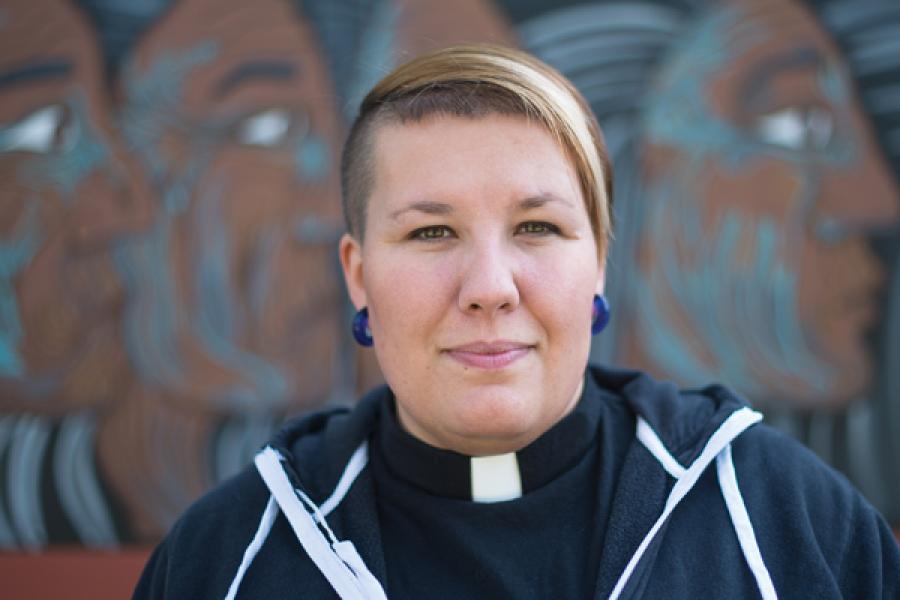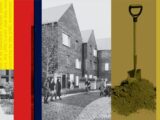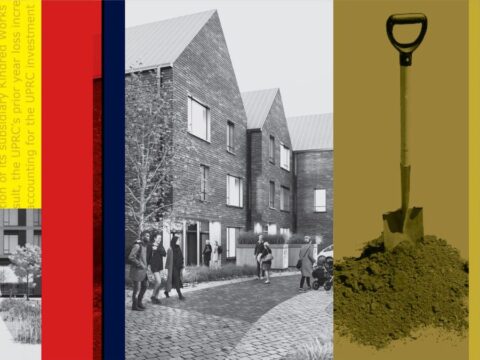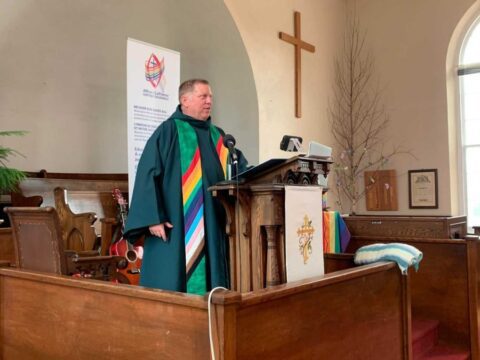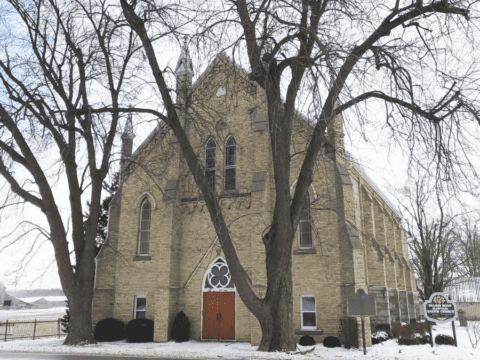Rev. Evan Smith, 34, is queer, Anishinaabe and a passionate Christ-follower. She’s worked on the front lines with Aboriginal sex workers and with youth struggling with substance abuse. Newly ordained, she’s now reaching out to Aboriginals living on the margins in the Toronto Urban Native Ministry. Smith recently talked to Richard Wright for a series on Intriguing United Church people you may not know but should.
It’s harder for me to come out — not harder, but more surprising — to come out publicly as a Christian than to come out as queer. People are shocked: “You’re a Christian?”
You may unsubscribe from any of our newsletters at any time.
Sometimes it can be lonely. I’m young. I’m queer. I’m in the Aboriginal ministry. I identify as evangelical, which is pretty rare in the United Church.
Going into ministry was not how I expected my life to play out. I was raised in the [Reorganized Church of Jesus Christ of Latter Day Saints], but I left about the time I came out as queer. Then in 2006 after Hurricane Katrina, I went to New Orleans to work in a women’s shelter, and while I was there I was invited to a church. What was amazing to me was that the people just started praising God. They were thankful for being alive, despite the fact they had lost everything, and I thought to myself: what I’m missing is a relationship to a higher power and also that sense of belonging to a community. Three months later, I was at Emmanuel College [in Toronto] doing a master of divinity.
My relationship with God and my place in the world as one of God’s children is the most important relationship I have. It is very personal, very intimate. It’s hard for me to believe that for well over a decade I was an atheist and didn’t have this relationship.
I think what I’m most proud of is graduating with my M.Div. I was a teen mom, and I was gay bashed out of my hometown and lived on the streets of Toronto, so I never really went through high school. It seems pretty crazy that I graduated with my M.Div. last year.
I have regrets about how I raised my daughter. I had her when I was 15. I was dealing with my sexuality and living in a small town, and she got the short end of the stick. I think that’s probably my biggest regret.
I know I am forgiven. I think that’s one of the appeals of Christianity. It’s important to me in a life of struggle to be able to turn to God and say, “God, this is too much for me. Here, you take it.”
I have no tolerance for bigotry. One of the things that drew me to the United Church is the focus on justice. Injustice makes me angry. Also when cars cut off your bike [laughs]. I hate it when that happens.
To relax, I like to go out dancing to loud music. I’m not one of those quiet, peaceful types. I like to be out in a crowd.
I was adopted, so I didn’t really know I was Aboriginal, but I always sort of suspected, and gravitated to First Nations culture. I studied Mohawk in high school instead of French.
I’m grateful to my [birth] mom that she had the courage to make a good decision that must have been very difficult to make. When she couldn’t care for me, she gave me up to a beautiful family. Now I have another source of love in my life.
I don’t want a life that’s always easy. If I hadn’t had all these experiences of being a teen mom, of being kicked out of the church [by a few youth ministers], of living on the street, I wouldn’t be the person I am today. I wouldn’t be able to do the work I do authentically. I wouldn’t be as passionate about my faith, as passionate about ministry to marginalized folks. I couldn’t be doing the ministry I’m doing if I hadn’t been on the margins of society most of my life.
The church is increasingly paying attention to the margins of society because it’s in the margins that people are drawn to it. The Gospel is especially good news for those who have been oppressed, and the church has just shifted into those places where there’s a deep need for spirituality and a connection with God.
If you asked my husband what’s in my future, he’d say I’ll be moderator, but I don’t know. I think I just want to be a part of a United Church that is changing, not dying.
I get one wish? Okay. That everybody knows that they are a beloved child of God, and that they and their lives are important, and that they matter.
This piece originally appeared in the November 2014 issue of The UC Observer as part of the “Interview Issue” series.

